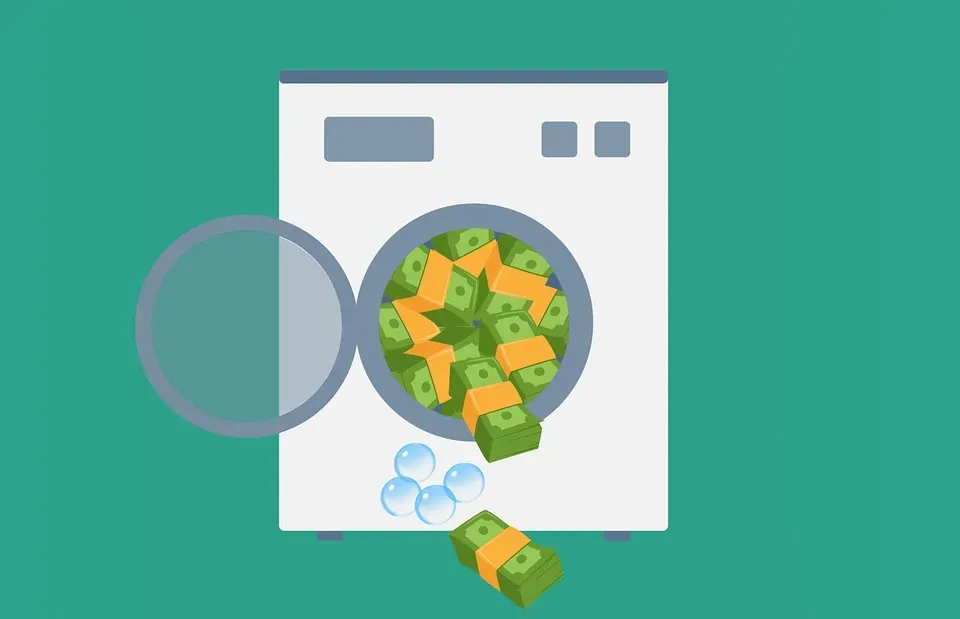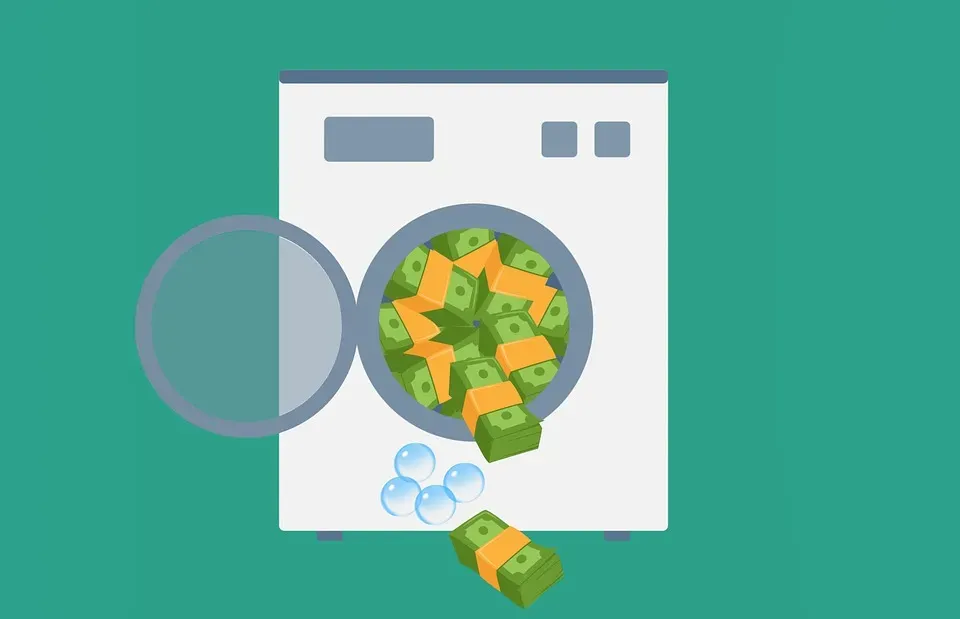Contrary to popular belief, Bitcoin may be a safer bet for governments to get behind. A recent report shows that over $2 Billion may be laundered through international banks.

The usual criticism of cryptocurrencies is that the seedier side of the internet deals with Bitcoin. Silk road and its subsequent shutdown brought the attention of the world on Bitcoin and cryptocurrencies. However, it gave them a bad reputation for being criminal money. The anonymous aspects of cryptocurrency is what frightens most of the governments as it doesn’t lend itself to tracking. This has led to a negative public perception of cryptocurrencies.
Recently, a lot of governments have begun to talk of cryptocurrencies being used for money laundering. The FATF, a multinational financial watchdog, has press releases warning that crypto is being used to convert black money into white.
However, a recent study has shown that International Banks have been funneling black money to the tune of $2 Billion last year. The banks mentioned in the report are some of the more prestigious institutions in the banking community. This report comes after many countries’ ban on cryptocurrencies for being unregulated and lacking a central authority that can be held responsible. However, international banks have offices all over the world and are believed to be accountable yet have found ingenious ways to beat the system.
Why Banks fear Cryptocurrency?
- Accountability
The distributed public ledger, a core concept of cryptocurrency, makes sure that everyone involved in crypto transactions have their own copy of the entire history of that cryptocurrency. Any attempts at changing anything in the ledger is immediately corrected by the distributed system. The system is unhackable, transparent and peer-to-peer. No single individual or entity has any control over the system.
This is in stark contrast to the banks. There is a lot of secrecy involved in the banking sector and a lot of decisions are taken behind closed doors and for the benefit of the few richer clients. The recent study shows that banks are hand-in-glove with nefarious entities all over the world and are making money off their ill-gotten gains.
- No Central Authority
With no central authority for cryptocurrencies, there can be no way to control a system to the advantage of a few. Particularly, crypto is peer-to-peer. It doesn’t discriminate between users and is completely impartial.
- Transparency
It may seem like the opposite is true based on the anonymity of cryptocurrencies, however, recent user authentication has made cryptocurrencies more transparent. Users are verified at exchanges and their cryptocurrencies can be tracked on the public ledger. The banks fear this transparency as it doesn’t enable their grey area activities.
How do banks launder money?
Banks use one of the below mentioned methods to clean black money.
Mirror Trading
Mirror trading works simply and is even legal in certain countries. Companies use the stock market to hide money in plain sight. It can be done by using black money stored in an account to purchase a particular number of stocks from another country. At the same time, the same amount of those particular stocks are bought from the purchasing country. On paper there seems to be no change taking place, however, money has exchanged hands. This converts the black money deposited into white money stored in stocks.
Smurfing
Also called structuring, this method uses multiple small transactions to move money without causing any flags to go up. They even “structure” the pattern of transactions to beat watchdog searches.
Shell companies
This method has been mentioned in the news and movies. To hide black money, individuals set up shell companies. These are non-functioning entities that exist only on paper, but show salaries and other expenses in order to avoid paying taxes.
Legitimate and Illegal Business Mixing
This method involves the mixing of illegal businesses within legal ones to hide the extra income earned illegally. This is usually seen in real estate market as there are many ways to hide money in construction costs.
The problem of money laundering is connected with criminal individuals or entities. They use any means at their disposal to achieve their ends. All social institutions can prone to corrupt practices, including banks and cryptocurrencies. However, cryptocurrencies are being punished for a small percentage of criminal elements, which is not fair.



